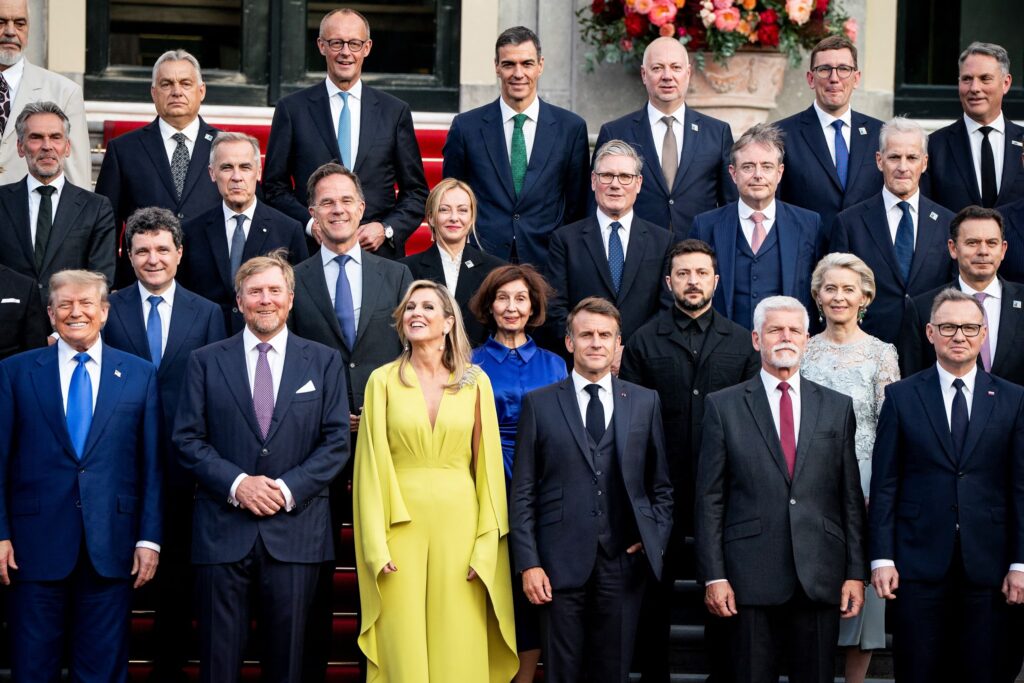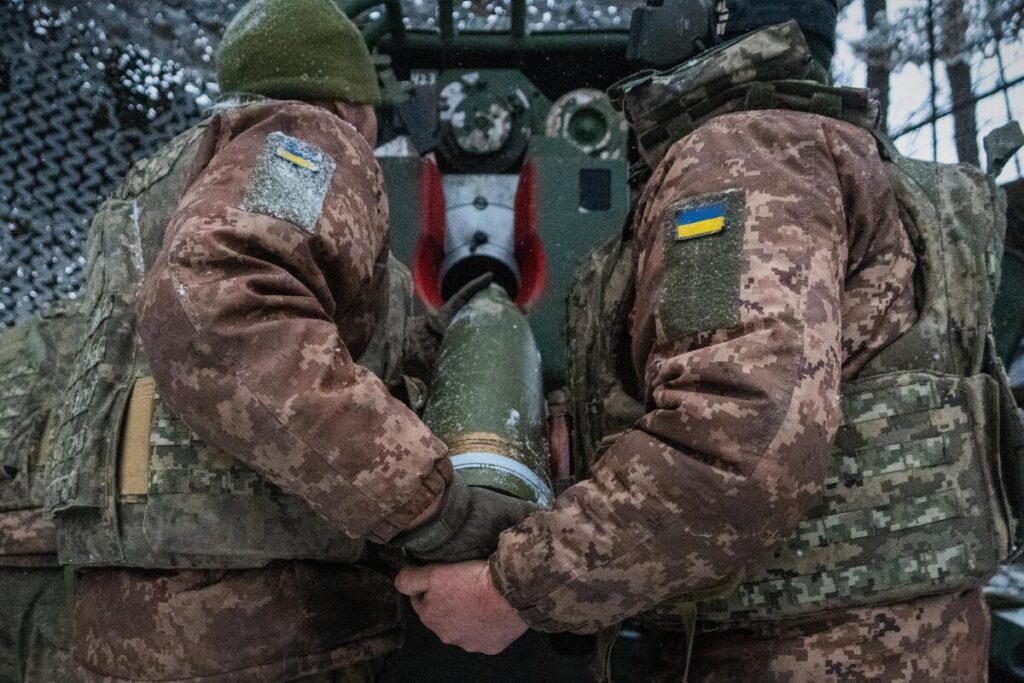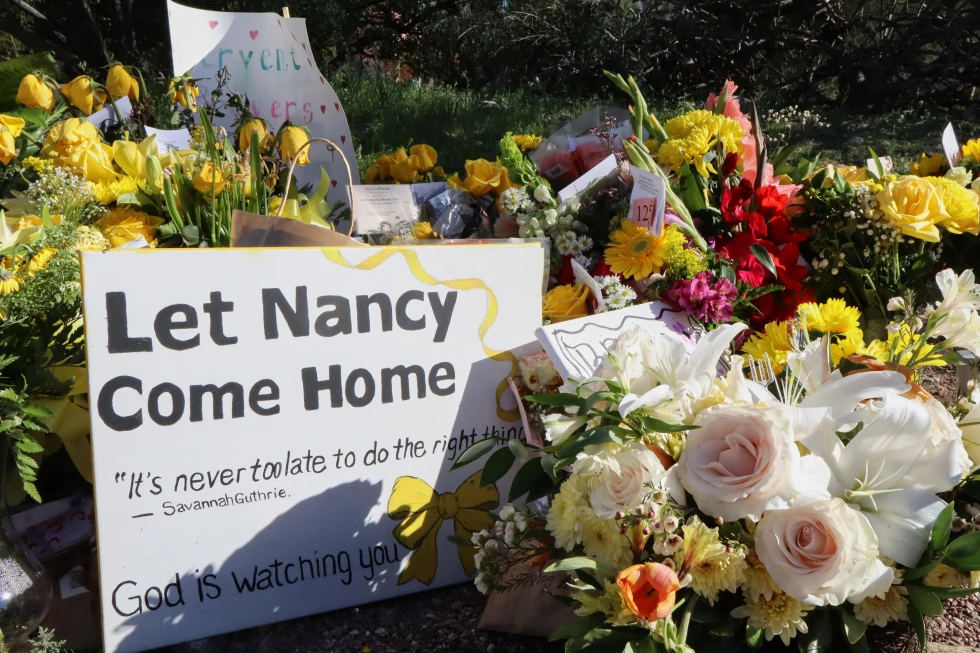NATO Faces ‘Existential Moment’ Amid U.S. Uncertainty and Rising Defense Demands

As NATO leaders convene in The Hague this week, the alliance confronts what may be its most pivotal juncture since the end of the Cold War. The summit has been cast as an “existential moment” by former Secretary-General Anders Fogh Rasmussen, reflecting deep concerns over America’s future commitment and Europe’s readiness to head threats without U.S. backing.
The central agenda: a bold push for members to scale up defence spending to 5% of GDP—a response to escalating threats from Russia and pressure from U.S. President Donald Trump. Trump’s ambiguous remarks on NATO’s mutual defence clause, Article 5—infamously responding “Depends on your definition”—have intensified alliance anxieties. His administration’s plans to redeploy U.S. assets from Europe to the Indo-Pacific have further stoked fears of a reduced American presence.
In anticipation of Trump’s arrival, Secretary-General Mark Rutte of the Netherlands led with a firm warning that NATO must adapt to a shifting security landscape.The £5% GDP target, seen as “huge” by Rutte, aims to bolster Europe’s collective defence capabilities and signal unity amid American volatility.
Ukraine remains at the heart of the discussions. President Volodymyr Zelenskyy pressed for sanctions on entities supplying components to Russia’s missile systems and cautioned that within five years, Russia may test a NATO member’s resolve. In response, European leaders, including Germany’s Chancellor Merz and France’s Macron, stressed both the need for solidarity and increased burden-sharing—while some, notably Spain, resisted the full commitment.
Rasmussen’s assessment that the tectonic shifts are emanating from Washington underlines a strategic rebalancing. Until America clarifies its stance, NATO’s coherence will depend on Europe’s willingness to step up .
Despite Trump-era uncertainty, European capitals appear ready to act. Reuters reports confirm the pledge to raise defence budgets, reinforcing faith that transatlantic cooperation—while tested—is not broken. European Commission President Ursula von der Leyen described the pact as “historic” and warned that military spending must be matched by social cohesion.
By Staff Writer, Courtesy of Forbes | June 25, 2025 | Edited for WTFwire.com
Source: The New Yorker
: 284







